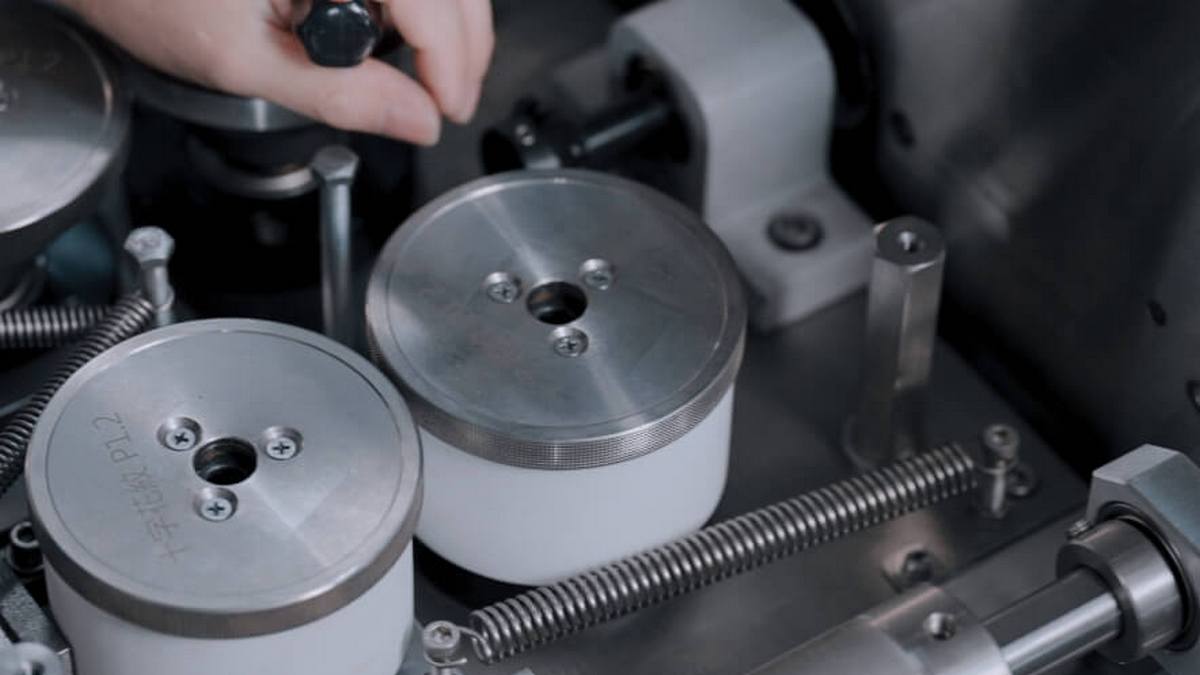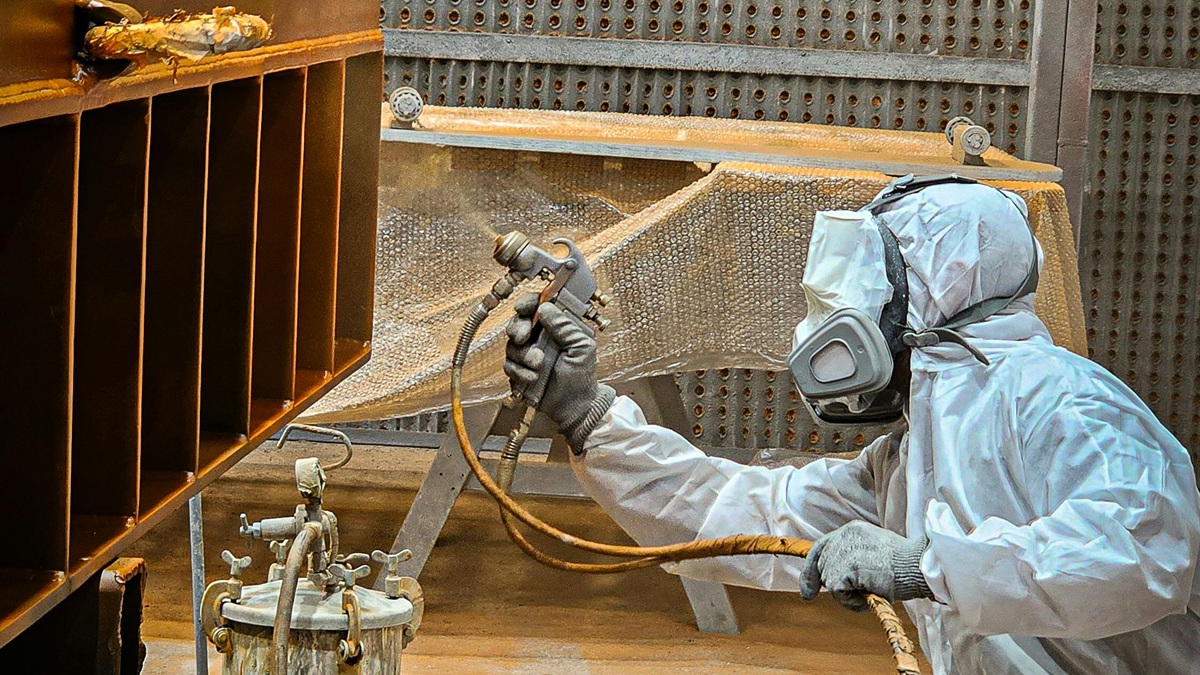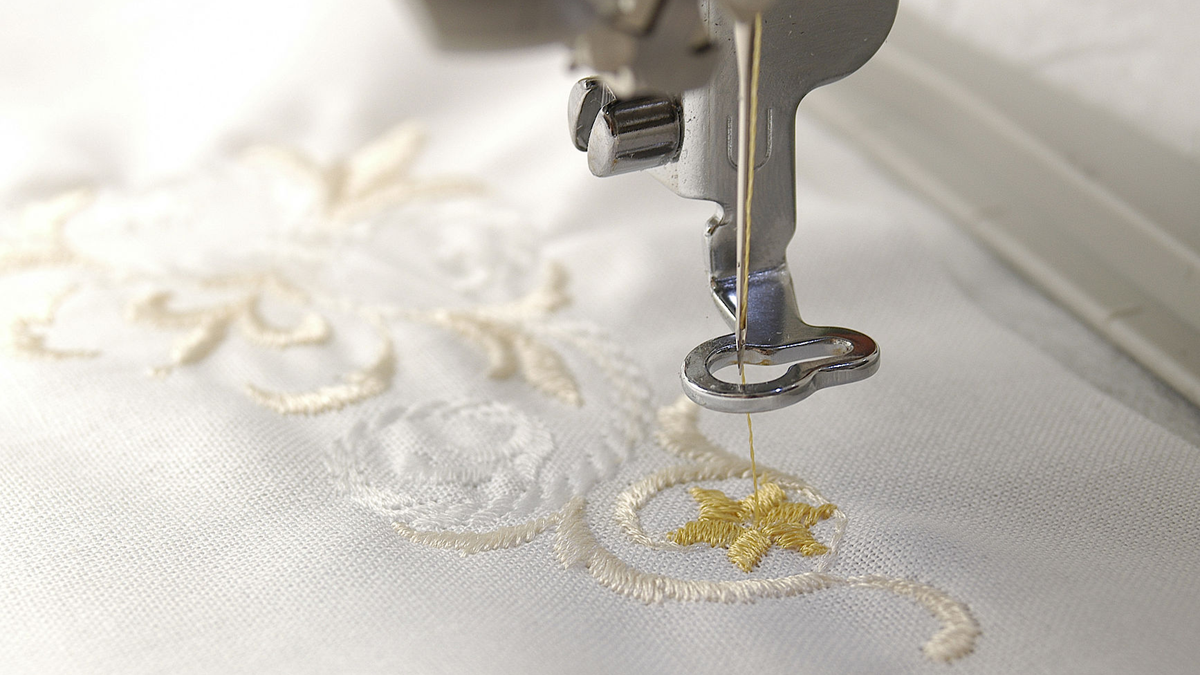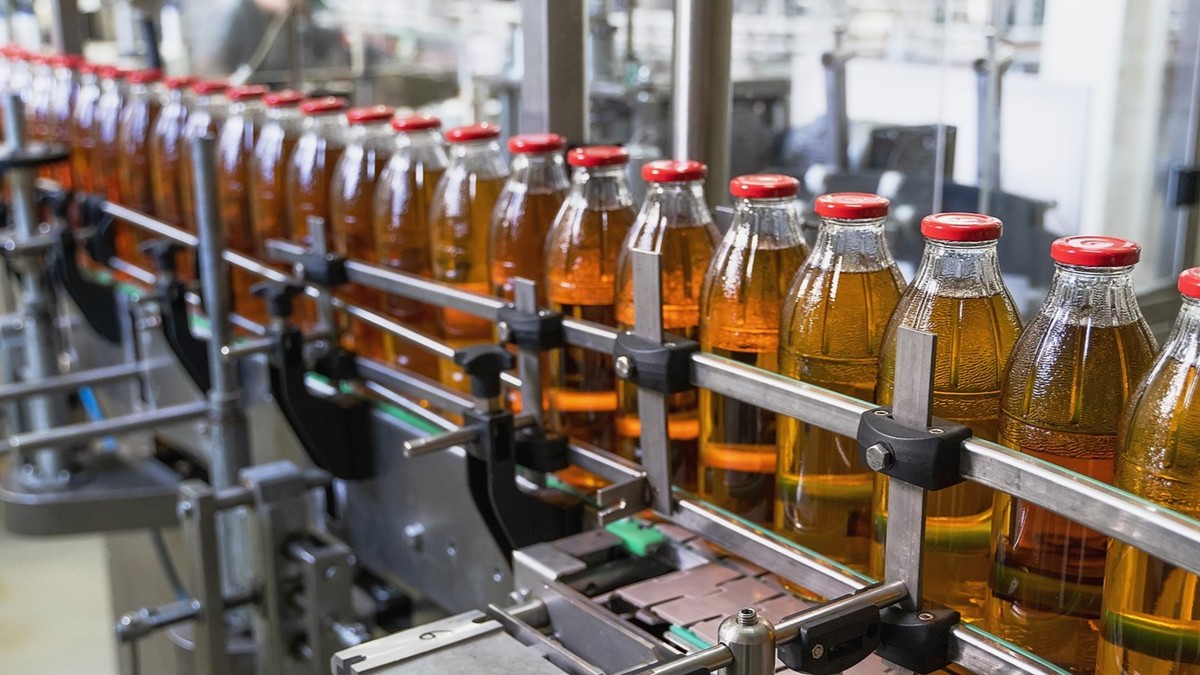The global healthcare industry is currently undergoing a pivotal paradigm shift. Every macroeconomic trend—from demographic changes, the geopolitical reshaping of supply chains, and the convergence of biotechnology and digitalization, to the urgent demand for environmental sustainability—profoundly impacts the dynamics and trajectory of the medical device market. Against this backdrop, the medical consumables industry must not merely adapt; it must proactively lead innovation and become a key driver in building resilient healthcare defenses.
Aging Populations and the Shift to Home-Based Care
The global population is undeniably aging, leading directly to a surge in chronic disease management needs. This trend has fueled a massive market for home healthcare and remote care solutions. The traditional hospital-centric treatment model is gradually evolving towards integrated care based in communities and homes, emphasizing patient self-management and an improved quality of life.
In response to this trend, the medical consumables industry is actively expanding its product applications. Manufacturers aren't just focusing on professional medical consumables for clinical settings; they're also extending the design principles and quality standards of medical-grade products to consumers. For example, they're developing wound care dressings with high cleanliness and safety suitable for home use, precise blood glucose monitoring consumables, and skin-friendly hygiene products. This strategy of "consumerizing medical-grade products" aims to bring the reassurance and convenience of professional healthcare into daily home life, effectively alleviating pressure on the healthcare system and raising overall public health management standards.
Supply Chain Resilience and Localized Production
Recent global events, like pandemics, and an increasingly complex geopolitical landscape have exposed the fragility of global supply chains. Ensuring a stable supply of critical medical goods has led governments and industries worldwide to agree on the need for de-risking and localization/regionalization of production.
The medical consumables industry urgently needs supply chain resilience. Leading manufacturers are actively adjusting their global strategies to build more flexible and independent supply chains. This means diversifying sources for key raw materials, strategically spreading out production facilities, and adopting advanced manufacturing technologies like automation and digitalization. These steps boost production efficiency and responsiveness. At the same time, strict adherence to international quality management systems (like ISO 13485) and regional regulatory certifications (like EU CE) is fundamental. This ensures product quality and market access, strengthening supply chain reliability and global competitiveness.
Sustainable Development and Green Manufacturing
Climate change and the depletion of environmental resources are global challenges. They've pushed companies to increasingly prioritize Environmental, Social, and Governance (ESG) practices. The medical consumables industry, with its high volume of single-use products, faces immense pressure regarding waste management and carbon footprint. Promoting green manufacturing, resource circularity, and carbon reduction has shifted from being a corporate option to an imperative for sustainable development.
The industry is actively investing in environmentally friendly technologies and the research and application of sustainable materials. This includes choosing sustainably certified raw material sources (like FSC-certified pulp), adopting energy-efficient production processes, and optimizing product lifecycle design to reduce waste generation. It also involves exploring alternatives such as recyclable, biodegradable, and bio-based materials. By integrating ESG principles into R&D, production, supply chains, and even end products, the medical consumables industry not only meets international standards and consumer expectations but also enhances brand value, achieving a win-win for both economic benefits and environmental protection.
Technology Empowerment and Smart Manufacturing
Under the wave of the Fourth Industrial Revolution, advanced technologies like big data, the Internet of Things (IoT), and Artificial Intelligence (AI) are rapidly integrating into the manufacturing sector. For the medical consumables industry, these technologies are crucial drivers for enhancing production efficiency, ensuring product consistency, reducing human error, and enabling customized production.
Manufacturers are actively investing in the establishment of smart factories and smart warehousing systems. By implementing automated production lines, robotics, real-time monitoring systems, and data analytics platforms, they can achieve end-to-end visualization and optimization from raw material intake to finished product dispatch. This not only significantly boosts production efficiency and product yield but also allows for precise batch traceability, ensuring quality meets the most stringent medical standards.
Conclusion
The medical consumables industry is navigating a critical transformation, shaped by the convergence of multiple global trends. By keenly understanding market dynamics, fortifying supply chain resilience, deepening commitments to sustainable development, and aggressively adopting smart technologies, leading enterprises are not just effectively addressing challenges; they're turning them into opportunities for accelerated growth and innovation. As a vital pillar of the healthcare system, the medical consumables industry continues to leverage its escalating professionalism, innovation, and social responsibility to contribute significantly to global human health and well-being.










.jpg)



